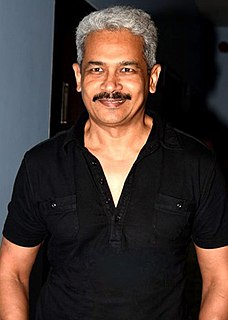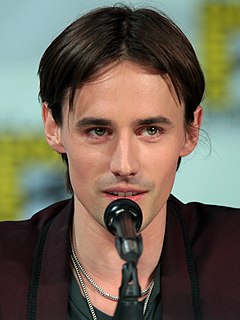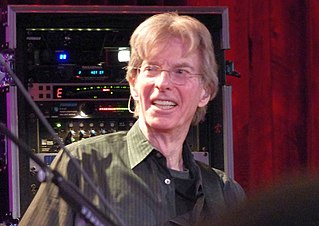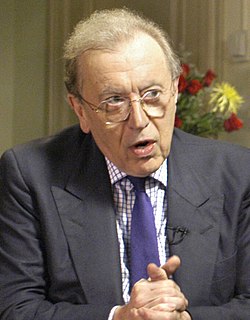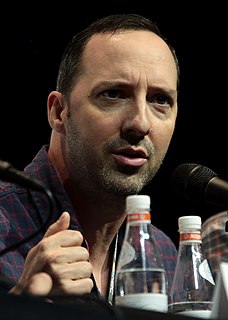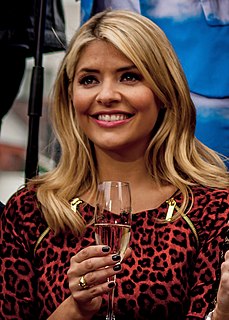A Quote by Jay Chandrasekhar
Every time you jump to another format in the 'picture business,' meaning film, television, commercials, the people in the other format go, 'Ah, yeah, you made a lot of features, but you don't know how to do TV' or the commercial people go, 'Oh, you can't do 30 seconds.'
Related Quotes
The Bush campaign for re-election has officially begun. They're actually running television commercials. Have you seen any of the television commercials? In one of the commercials, you see George Bush for thirty seconds. In another commercial, you get to see George Bush for sixty seconds - kind of like his stint in the National Guard.
I was making commercials. That's how I learned the craft. That was the marketing part of it: directing commercial for TV. It wasn't the most common thing to become a filmmaker in Greece. I started by saying I was interested in marketing and have a proper job in advertising and commercials. Basically, I studied film to learn how to do marketing, and commercials. As I studied film I learned I'd be interested in making films instead of commercials.
I was on Broadway for three years with Spiderman and that amount of time spent on a show - it's a grind being on Broadway. The people that do that are probably the hardest working people. I shouldn't say that, because there's a lot of hard work that goes on in film and television, as well. That consistency of the grind of eight shows a week - I feel ready to go back to it now after having a bit of a break. I like to have the chance to jump between different art forms, whether it be theatre, film, TV, music. It's really wonderful to have opportunities in different arenas.
Over the last half century the television interview has given us some of TV's most heart-stopping and memorable moments. On the surface it is a simple format - two people sitting across from one another having a conversation. But underneath it is often a power struggle - a battle for the psychological advantage.
I was telling somebody just the other day, there's technically such a hierarchy in this business. You have film, that's the ideal; then you have TV, and things like web series do not claim as much cred, but the fact is, if the material is solid and I believe and trust in the team that's involved, I don't care what format it is.





